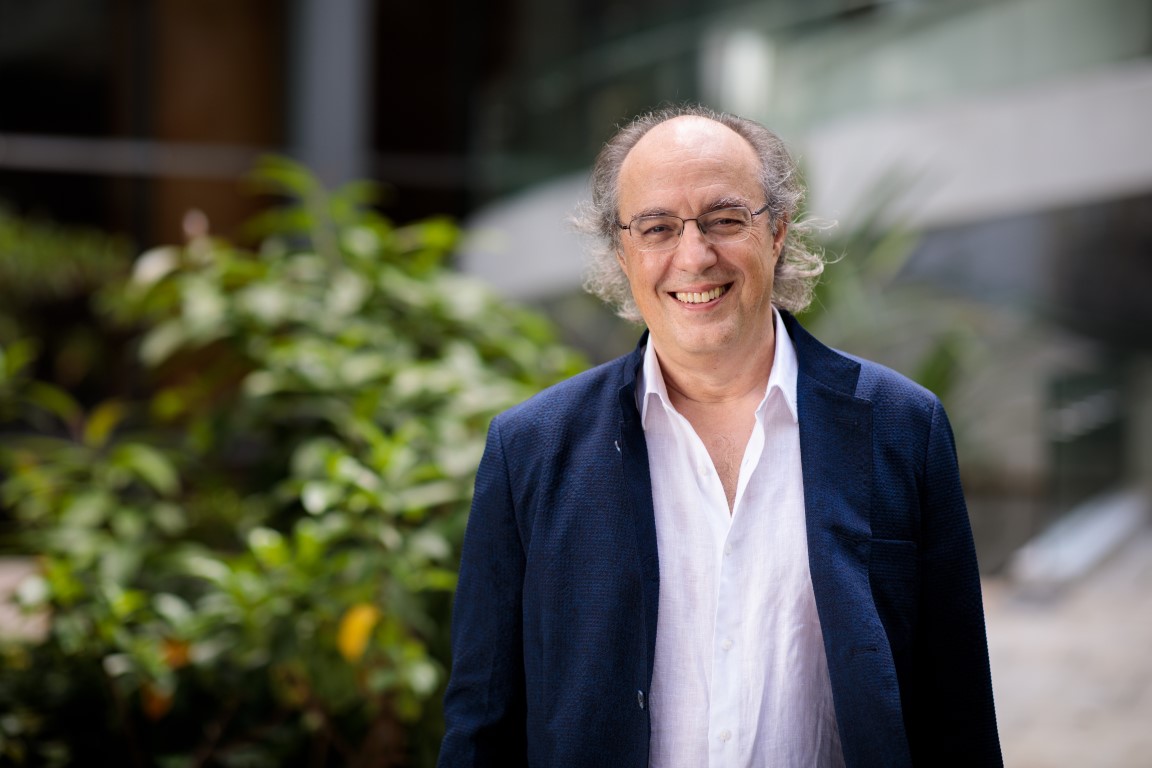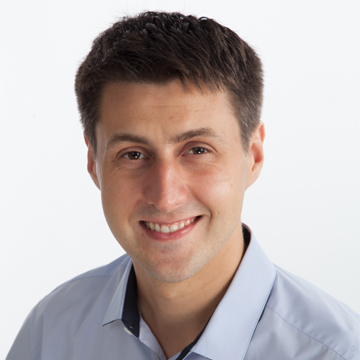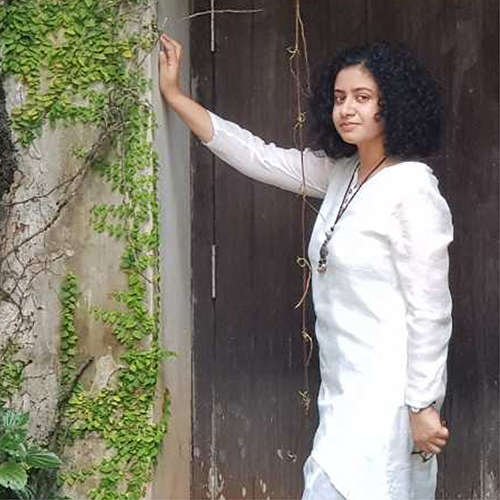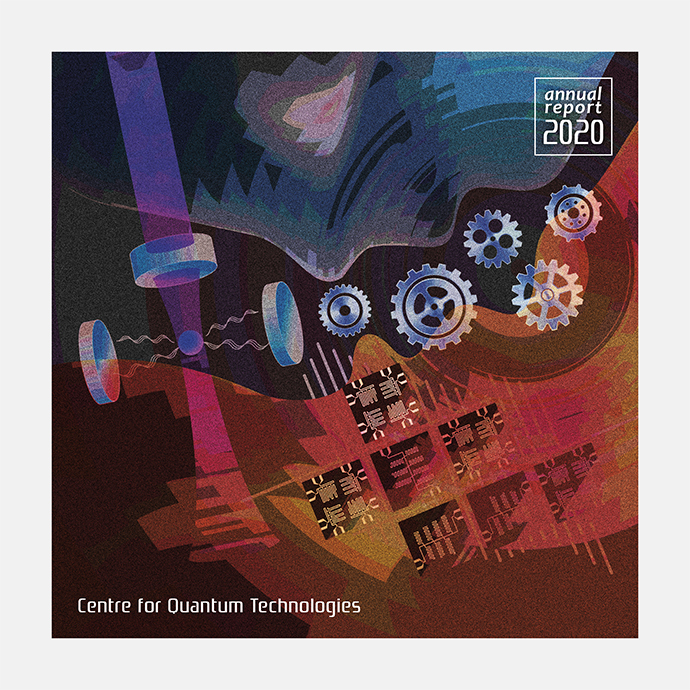Highlights
Meet A CQTian: José Ignacio Latorre
 “When I look back at what it means to be a scientist, I always divide my life into three parts. One is generating knowledge, the second is passing it to new generations – this can be by teaching and outreach – and the third is making the first steps to translation. These are for me the three pillars of being a scientist and I think it is the same for CQT,” says José Ignacio. Outside of physics, his interests include literature, music and wine-making.
“When I look back at what it means to be a scientist, I always divide my life into three parts. One is generating knowledge, the second is passing it to new generations – this can be by teaching and outreach – and the third is making the first steps to translation. These are for me the three pillars of being a scientist and I think it is the same for CQT,” says José Ignacio. Outside of physics, his interests include literature, music and wine-making.
José Ignacio Latorre explored many paths in his career before he joined the National University of Singapore in July 2020 as Director of CQT and Provost’s Chair Professor in the Department of Physics. Early on, he was a theoretical high energy physicist, working on renormalisation in quantum field theory and string theory. Later, he worked on a neural network approach to analysing data at CERN, the European particle physics facility, relating to the parton distribution function. After learning about quantum information, he decided to go full steam into theoretical quantum computation and work directly on projects on quantum computing, leading him, ultimately, to CQT.
Over to José Ignacio to tell us more about himself, his views on the quantum landscape and his vision for CQT. He has also written a Director’s letter, available to read here.
How would you describe the current state of quantum?
The evolution of quantum technologies started with understanding. Then, we built the first instruments and applications. Now, we use these instruments to generate ever more powerful instruments. In a way, quantum mechanics is leaving infancy and entering adolescence, which is a really crazy phase full of possibilities. It is a very exciting time to be working in this field.
What is your vision for CQT?
Internationally, being in Singapore is a strategic advantage. We are a natural partner for new projects, and companies would like to work with us. To stay relevant, I think CQT should be a little bit bigger, well funded, and that it should maintain the double spirit of basic curiosity-driven research and applied mission-driven research.
When I look back at what it means to be a scientist, I always divide my life into three parts. One is generating knowledge, the second is passing it to new generations – this can be by teaching and outreach – and the third is making the first steps to translation. These are for me the three pillars of being a scientist and I think it is the same for CQT.
What are your three favourite things about Singapore?
I have a great admiration for Singapore, that’s one reason why I came to CQT. The first thing I like is that common problems in many countries have been solved in original ways here. Another is the meritocracy. A third is the respect the country has for science.
What role do you think CQT should play in Singapore’s quantum ecosystem?
CQT can be a flagship centre of the country, a hub for quantum research in the island. CQT is a place where we generate knowledge, and where we translate knowledge to society. We educate dozens of students a year and inject PhDs into the system. Very few institutions can do basic and applied research, education, and translation all at a high level.
What’s in the works?
In 2021, we will have more PhD students. The group size, per Principal Investigator, is increasing. The next thing I would like to see is one more experimental line and probably another theoretical line. These are the scientific policy goals.
In the longer term, in my opinion, we should have more scientific research lines because that brings scientific muscle. It is very important to have critical mass. Moreover, the teams embedded in CQT should not compete but collaborate. It is clear to me that we are at the stage where we need collaboration to achieve higher goals.
How do you think CQT might engage industry?
I’ve been involved in three start-ups myself and it has given me more understanding about how things work. It is naive to think that translation of deep tech is easy or in particular, fast. There is this enormous desert as many people say, from idea to business. I think that scientists have to travel the first kilometres alone, bringing their ideas out of the lab and talking to people to find natural friends for crossing the desert. One way to help our scientists do this is to collaborate closely in Singapore’s Quantum Engineering Programme, which has a remit to engage industry and fund projects solving industry challenges.
Do you have any concerns about the state of the field?
News nowadays, not only scientific news, is often biased by some interests or driven by hype. On top of that, ‘quantum’ is a magical word that people adore and use for anything. It is catchy. Something that happens in the lab can get magnified and taken out of context in the media, with the excuse that this is the only way to make people interested. This is a bad situation. Many of my colleagues are afraid of a ‘quantum winter’, as a reaction to hype.
I am also concerned about ethics in science, whether research is free or not free, whether it is public or not public, open source or not open source. Are we doing science in a way that benefits all humans? The quantum computer can be such an unbelievable and powerful machine that more and more research is done by corporations, which would mean that whatever can be done is property of the company. I think the public sector has a moral responsibility to ensure such top knowledge can be shared.
What do you enjoy outside of physics?
I’m a humanist. I love literature, dancing, paintings, sculpture and music. One of my sons composes music, and he is a source of inspiration. He sends me things and tells me to listen to them. I have written three books in Spanish. One was about nothingness, the other about quantum, and the third about ethics for machines, which has brought me to amazing places to meet people. I also love travelling. I’ve been to 63 countries now, and I think I’ve given talks in more than 200 universities.
Another passion I have is winemaking. For the last 16 years, I’ve been producing with friends a wine called ‘h-bar’. We’ve had it before at centre meetings and parties.
How did you know that you wanted to become a scientist?
I’m an only child from a very humble family. Nobody in my family had ever finished high school. I’m from Spain, where there was a civil war. My father said the only thing he could do for me was to give me a good education. He used the money he was making in his two jobs to pay for a good school. I had good teachers and was exposed to a high level of thought, from science to philosophy and art. I was educated in the spirit of discovery and thinking for yourself.
At some point, I had to decide what I wanted to do. I had many options and doubts. I didn’t understand the difference between science and technology, to decide whether to study physics or engineering or something else. I went to talk to my teacher of Latin and Greek, a woman who knew nothing about science. She said, “You learn the basics, and then you can decide in the future.” It seems so irrefutable, so obvious. And that’s how I learnt physics.
What advice do you have for students looking to pursue quantum research?
To young people, I would say that each one of us must make decisions. Who am I to change whatever you decide? However, definitely, to make meaning out of life, be passionate about something. I think that science is one of the most beautiful ways of spending our lives.
This interview was adapted from the feature “Meet the Director” in the CQT 2020 Annual Report. Read our annual reports here: https://www.quantumlah.org/page/key/AnnualReports.
Learn more
Related Stories
 | Meet a CQTian: Kyle Arnold December 16 2020 |
 | Meet a CQTian: Ayesha Reezwana December 02 2020 |
Centre for Quantum Technologies to welcome new Director June 03 2020 | |
 | Presenting CQT's Annual Report for 2020 April 29 2021 |






